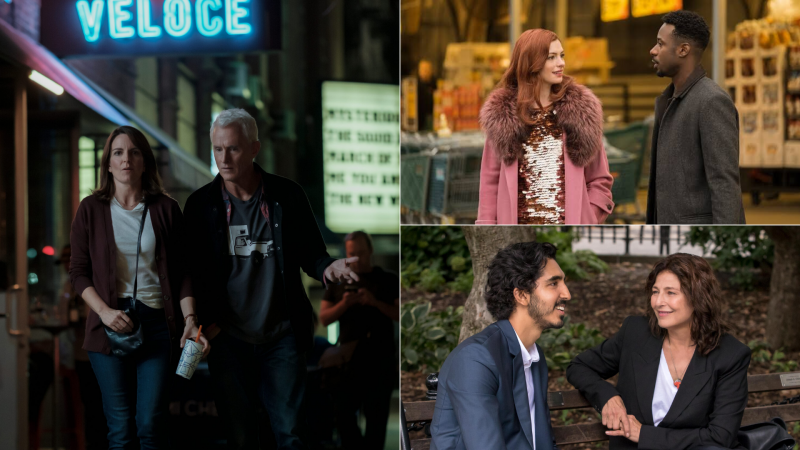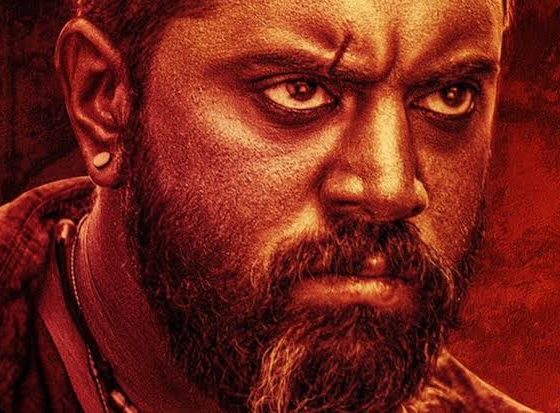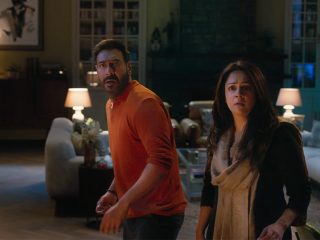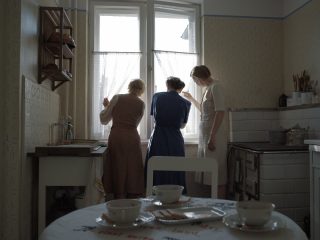Based on the New York Times column with the same name, a weekly first-person essay about love and relationships, the Amazon anthology series is the TV equivalent of a hot chocolate on a grey rainy day. This series throws light on the fact that love is no longer just a romantic relationship between a man and woman, but an intricate, complex affair with much more.
The first impression is the last impression, and those who’ve dated know, that first impressions may be misleading. Love is so much more than trying to be contained in 30-minute episodes, particularly which favours emotional manipulation, over truth. However, strong narratives and stellar cast on display, ever since the first episode, overshadows that fact.
Predictability is one of the main components in the rom-com genre, and there’s nothing wrong with that. But the best romcoms succeed despite their plots, hinging on lovable characters and romantic moods. Modern Love gets off to a rocky start with an episode revolving around a woman (Cristin Milioti) whose dates are essentially screened by her doorman (Laurentiu Possa), seemingly against her will, a dicey premise to start with, which mid-way twists, finally kicking in the episode into gear. However, there is something off about the entire episode with the way it starts, and the first half is enough to never let the narrative actually play its part over us.
The second episode, also written and directed by John Carney (executive producer as well), finds a dating app developer Dev Patel, being interviewed by a journalist Catherine Keener, who in turn plays “cupid” after asking him if he ever experienced true love. Cut to Flashback!
Modern Love, when it works, provides the kind of soothing comfort one receives looking at a coffee being made on Instagram, or gazing at a picture-perfect landscape, or simply a hot mug of coffee on a chilly night. A show, that will take you in to this place, wherein you succumb to the journey of the characters in each of the episodes, sharing their emotions, only to realise, it’s over before you know it.
Tina Fey and John Slattery play a bickering married couple in an episode written and directed by Sharon Horgan, discovering that tennis can serve as a bond to keep their dying relationship alive. It’s not the first time that we have seen on screen, couples be passive-aggressive with each other in a therapist’s office. But thanks to the lack of screen time, the episode “Rallying to Keep the Game Alive” speeds past the juiciest moments and hence, the satisfactory end, doesn’t feel satisfying enough.
The third episode, starring Anne Hathaway, however, is one of the most beautifully raw tales of romance on TV for a very long time. “Take Me as I Am, Whoever I Am”, talks about a woman whose career and romantic life go south because she is secretive about the mental illness she suffers in her life. An episode so brutally honest, given the treatment of a fantasy musical to say its thing, could be easily watched as a standalone episode and applauded.
However, two of the best episodes, are saved for the very end. The seventh episode throws light on the rocky relationship a gay couple have with the woman having their baby. Andrew Scott plays his beautiful, vulnerable self that resonates with the insecurities his characters fights with within the episode. The last episode, the last lap, where you give it your all if you’re trailing, and surely Tom Hall makes that episode memorable, subtle but with an end sequence worth watching. Jane Alexander mixes the sweet, with the bittersweet in a story that talks about love that bloomed late in life.
Its not easy to tell a romantic saga in 30 minutes, wherein you establish characters, create a setting, bring in a problem, find a resolution – and all that, in 30 mins. This is where Modern Love lacks. The race against time argument once again goes in favour of time that comes out supreme. Cramming in the start, middle and end and rushing past the best moments result in a missed opportunity for a show like Modern Love, which is the perfect recipe for one of the best romantic short story anthologies. Just like the column, it has its good and bad, but overall, it falls short of the mark.










